Role of the Family after Tracheostomy

When a loved one receives news that a tracheostomy is needed, it can be scary. There are many questions you may have about the tracheostomy procedure or caring for your loved one after tracheostomy. You may find some of those answers here. We also have a community for support for you whether the individual receiving a tracheostomy is an adult or an infant or child.
Groups

The family can play a huge role in a patient’s recovery. The patient may be overwhelmed after receiving the tracheostomy. The patient can be fearful, may not be able to communicate, as well as have a medical condition that warrants further treatment. The patient’s support team can help to provide a means of reassurance and emotional support.
After the surgery, the patient will have a tracheostomy tube in the neck. Usually the tracheostomy tube will have a cuff and the patient will be breathing in and out through the trachestomy tube. It is important to understand how the patient with a tracheostomy tube breathes.
Since the patient will be breathing in and out through the tracheostomy tube, air does not pass through the vocal folds. Therefore, the patient will not voice. This can be frustrating for the patient. It’s important to try not to get frustrated if you are unable to understand your loved one. There are some options for communication. A speech-language pathologist is best to help to determine the best way for your loved one to communicate.
Support for Careproviders
Caring for someone who has received a tracheostomy can be a stressful time. It is important to take care of yourself and keep your own health and well-being in mind. Sometimes, when a loved one is ill, a care provider may have feelings of anxiety, sorrow, anger, acceptance, grief, depression, denial.
It can help to speak with sympathetic friends or family members. Your support network may be able to run errands for you or even help with the care and management of your loved one.
Reading books or tapes on caregiver support can also be helpful. Tracheostomy Education has some blog articles written by family members as well as general information to help to provide support.
Take a break. Make sure to give yourself time to yourself. You need to be well to take care of your loved one.
A support group may also help. You are not alone. There are thousands of people who have received a tracheostomy. We help to provide a resource to connect you with other care-providers and patients with tracheostomy for free.

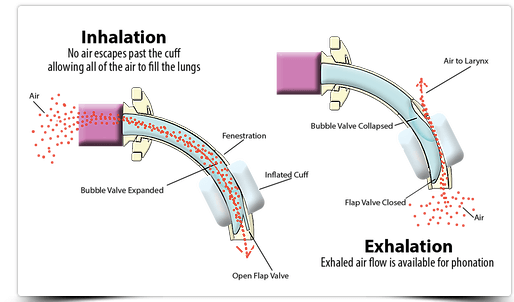
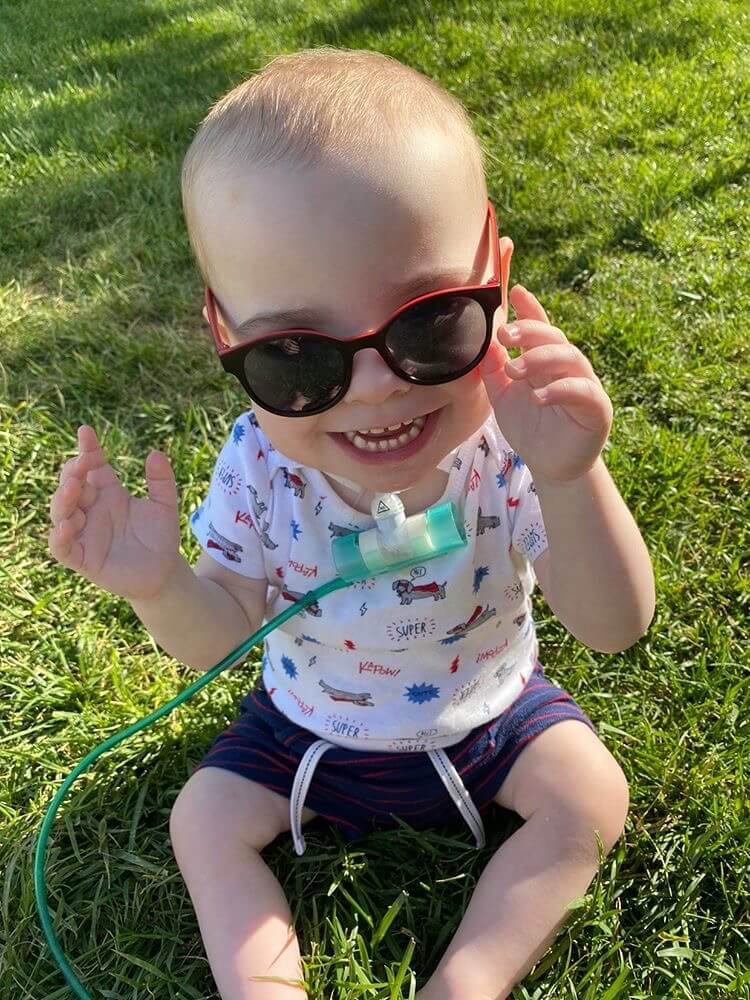

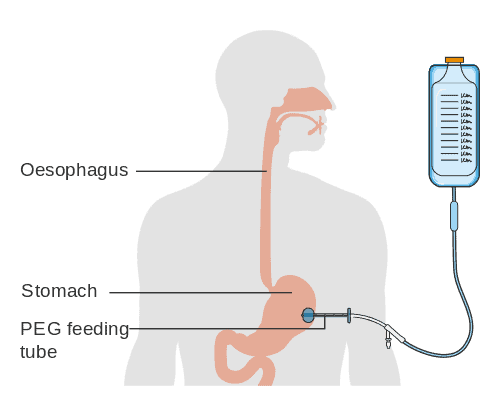
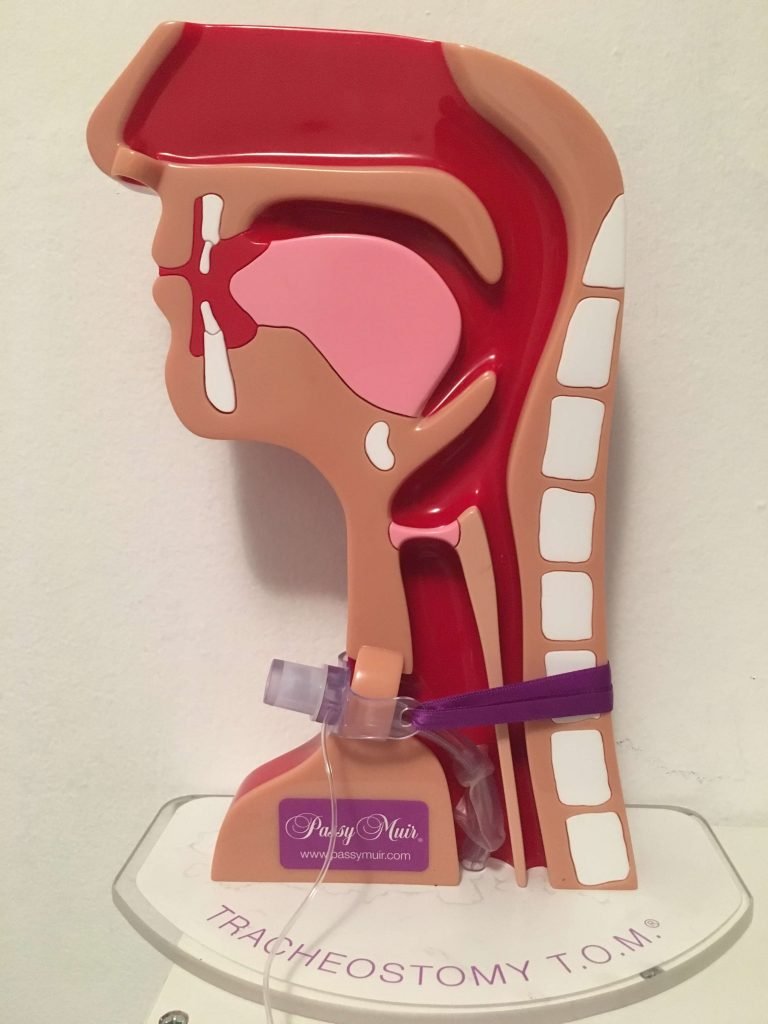

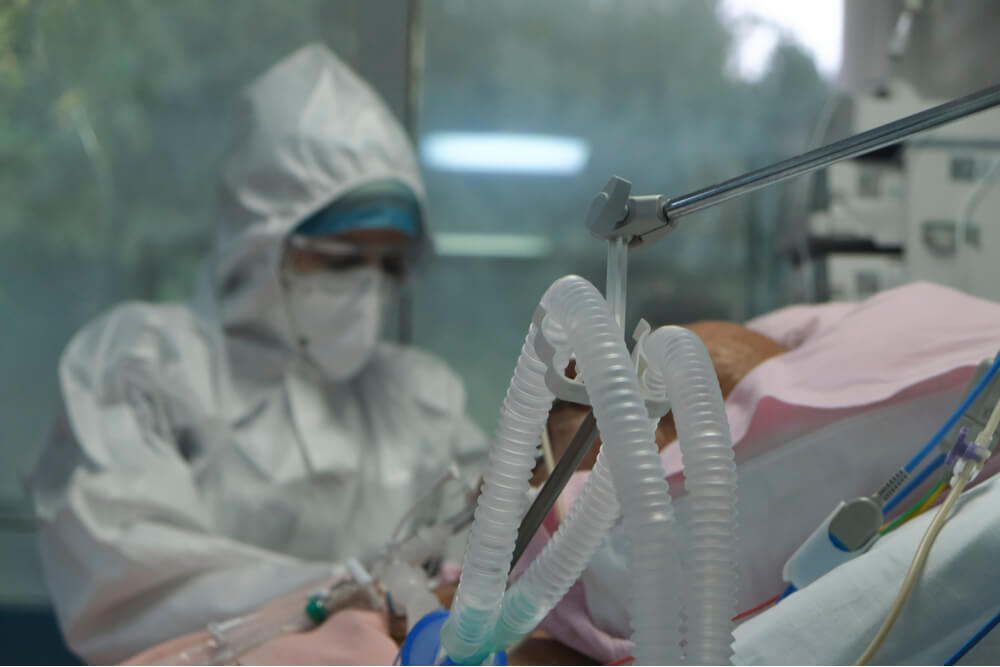


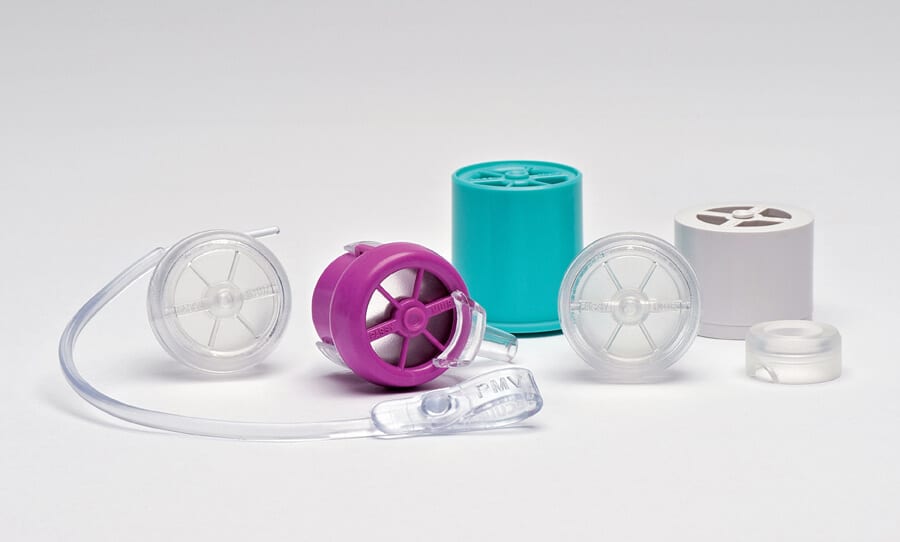

Responses